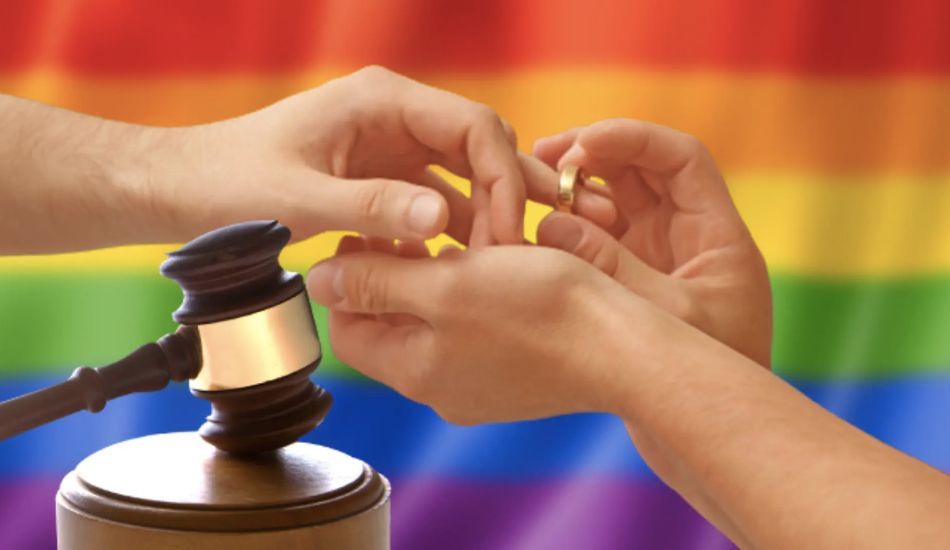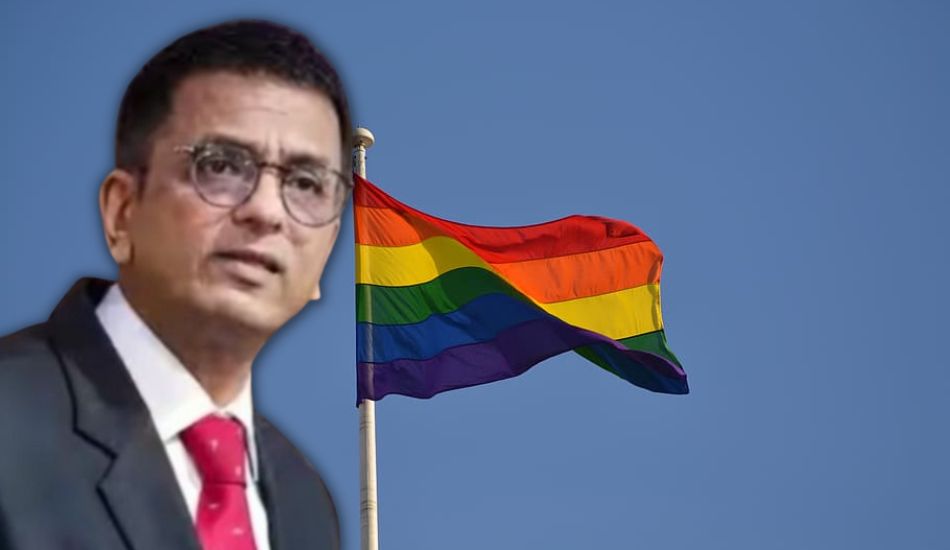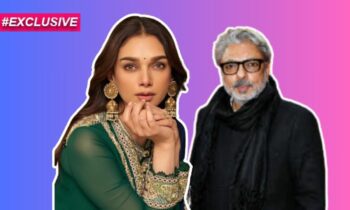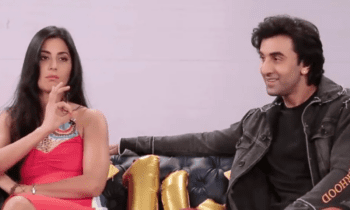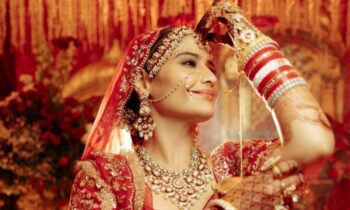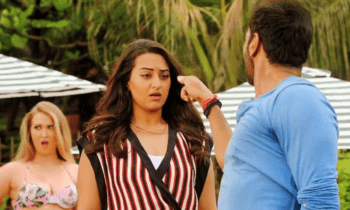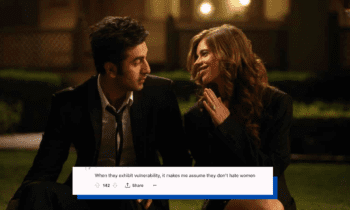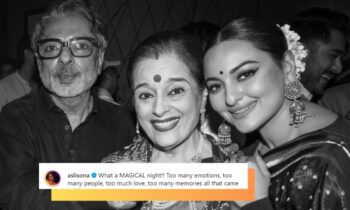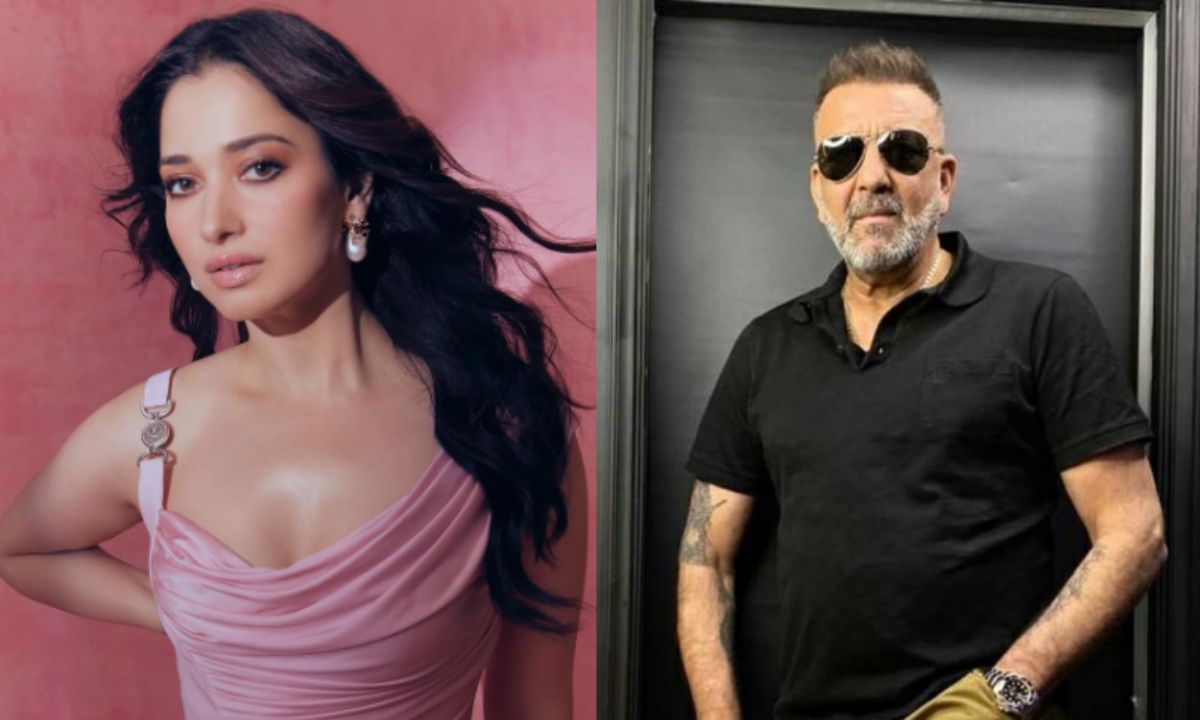In Same-Sex Marriage Case, Supreme Court Says Indian Constitution Is A “Tradition Breaker”. We Agree!
Rightly said!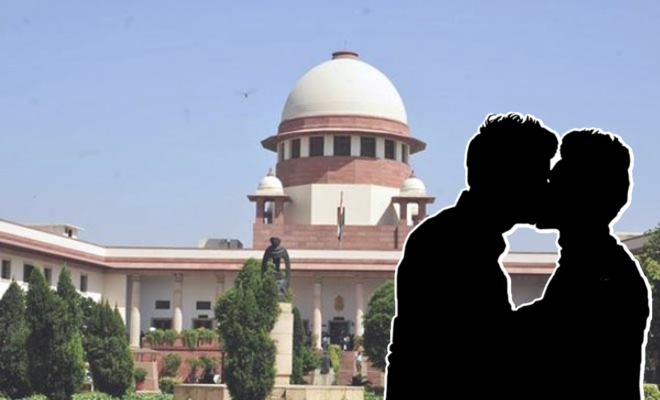
The same-sex marriage debate continues as the Supreme Court hears the petition seeking the legalisation of same-sex marriage. Another hearing of the case took place on Tuesday, May 9 and a Constitutional bench of the Supreme Court comprising CJI DY Chandrachud, Justices Sanjay Kishan Kaul, S Ravindra Bhat, Hima Kohli and PS Narasimha heard the case. However, the Apex Court made a rather interesting observation during today’s hearing. Justice S Ravindra Bhat noted that the moment the parties speak of tradition, one must note that it is actually the Constitution of India that is the “tradition breaker”.
Calling the Indian Constitution “tradition breaker”, Justice Bhat observed that when Articles 14, 15 and 17 came into existence, the tradition of untouchability and caste-based discrimination was broken. He further noted that this was a “conscious break” as we did not want discrimination to exist which is why untouchability was made unconstitutional. He went on to add that while traditions still exist in our society to an extent, it is essential to remember that the concept of marriage has evolved over the years.
Also Read: Ex-IPS Officers, Judges Write To President To Oppose Same-Sex Marriage, Call Homosexuality “Irrational”
The Supreme Court bench was hearing Senior Advocate Rakesh Dwivedi’s submission from the Respondents. The Advocate submitted that the matter of same-sex marriage should be left to the Parliament for reform like other issues such as dowry prohibition. He also questioned if the right to marry is a fundamental right for same-sex couples while adding that it is the personal laws, religion and customs that give heterosexual couples the right to marry. In response, Justice Bhat pointed out that inter-caste marriages were also prohibited as per the traditions but with time, this has changed while adding that nothing is granted and as citizens of a free nation, we have all taken some rights like the right to speak and other such rights that are inherent including the right to marry. The Justice also took the opportunity to point out that if they say that these rights are inherent, it also makes them a part of the Constitution and the same can be found in Article 19 or 21 of the Indian Constitution.
Justice Ravindra Bhat highlighted that it is for spouses to decide what constitutes their marriage. He said that whether a married couple decides to have kids or not or if they live together or not is for the spouses to decide so, the content of the marriage is at the discretion of the spouses. Upon hearing this, the advocate submitted that if what makes a marriage a marriage becomes an individual concept then there will be no law. However, CJI DY Chandrachud noted that constitutional values protect the core elements of a marriage. Meaning that there are some constitutional values that focus on the characteristics of a marriage. The CJI listed down some of the features including the fact that marriage includes two people who need to cohabit and it allows them to be viewed as a family. He noted that while procreation is an essential ingredient of marriage, the lack of kids does not make a marriage invalid. He also said that social acceptance of the existence of marriage is also an essential ingredient but it is not confined to the social acceptance of the people but rather of the institution meaning that society has to accept the concept of marriage even if it does not accept the individuals who marry each other. The CJI concluded by saying that while the state has an interest in regulating marriage, it remains unknown if heterosexuality is the core element of the social institution or not.
Also Read: Students From 36 Law Colleges Strongly Condemn BCI’s Resolution On Same-Sex Marriage, Call It “Ignorant”
Well, we’re truly glad to hear what Justice Bhat had to say. If we take a long hard look at society, it is us who broke the traditions and it is the Indian Constitution that gave us the fundamental right to do so. Women did not always have the right to vote or marry a person of their choice but the fundamental rights given to us by the Constitution gave us what we needed to break the norms and traditions. So, if we think about it, Indian Constitution in itself is truly a tradition breaker and it might be time to break this tradition of heterosexual marriages and start recognising same-sex marriages as well as other marriages of people from the LGBTQ+ community even if we do not understand it.
5 Absurd Tweets Against Same-Sex Marriage That Will Surprise You How Homophobes Think!





